US Research shows that Gen Z and millennials value sleep more than previous generations.
The analysis, conducted on the Sleep Number app, found that Gen Z (those born between 1997 and 2015) and millennials (born between 1980 and 1996) go to bed earlier and have deeper sleep than previous generations.
“Suddenly, people feel like it’s cool to go to bed early, it’s become more acceptable,” said Emma Kraft, a 19-year-old student at the University of California, Berkeley. “For me, nothing interesting happens after 9 p.m.”
Kraft aims to be in bed by 9:30 p.m. every night to get at least nine hours of sleep. She's not alone. According to RentCafe's analysis of the American Time Use Survey, by 2022, adults in their 20s will sleep an average of 9 hours and 28 minutes, up 8% from 2010.
The Centers for Disease Control and Prevention (CDC) recommends that adults get at least seven hours of sleep each night. Recently, many young Americans have found that they need more energy to function normally, so going to bed early and getting deep sleep has become a trend.
"At first, I thought this habit made me look lazy and tried to change it," said Kelly Baskin, 32. "However, after seeing her peers flaunting how they prioritized sleep on social media, she changed her mind and comfortably slept about 8 to 9 hours a night."
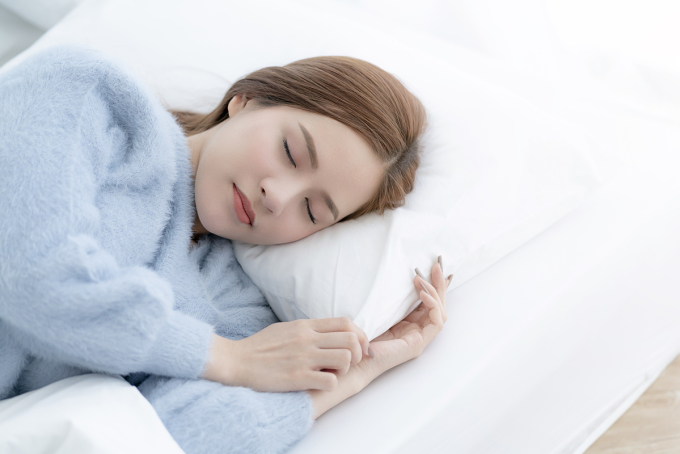
Generation Z and millennials sleep more and more deeply than previous generations. Photo: Freepik
In fact, lack of sleep can affect physical and mental health. Getting enough sleep can help muscles grow, support the body to release growth hormone (HGH), stimulate protein synthesis, regulate damaged muscle fibers and create new muscle tissue. A 2000 study by the University of Chicago, USA, on 150 men showed that people who had deep sleep secreted more growth hormone.
Getting enough sleep also helps strengthen cardiovascular health, stabilize blood sugar, reduce body inflammation, helping people easily achieve their weight loss goals.
A good night's sleep gives you alertness and the ability to concentrate effectively to manage your daily activities. At the end of an active day, your body is fully rested, preparing for a new day full of energy.
Thuc Linh (According to NY Post, Daily Mail )
Source link






![[Photo] Da Nang: Hundreds of people join hands to clean up a vital tourist route after storm No. 13](https://vphoto.vietnam.vn/thumb/1200x675/vietnam/resource/IMAGE/2025/11/07/1762491638903_image-3-1353-jpg.webp)

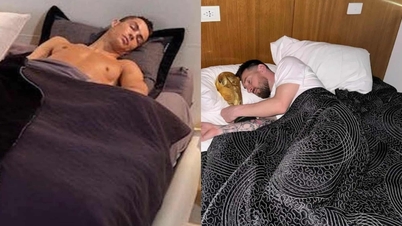









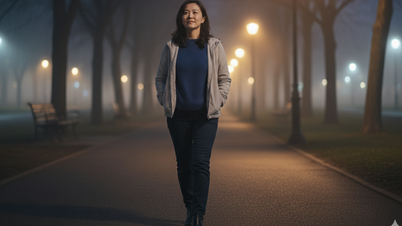























































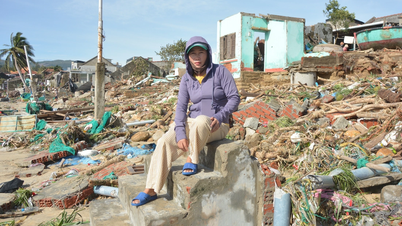










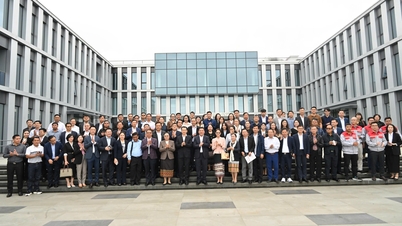
























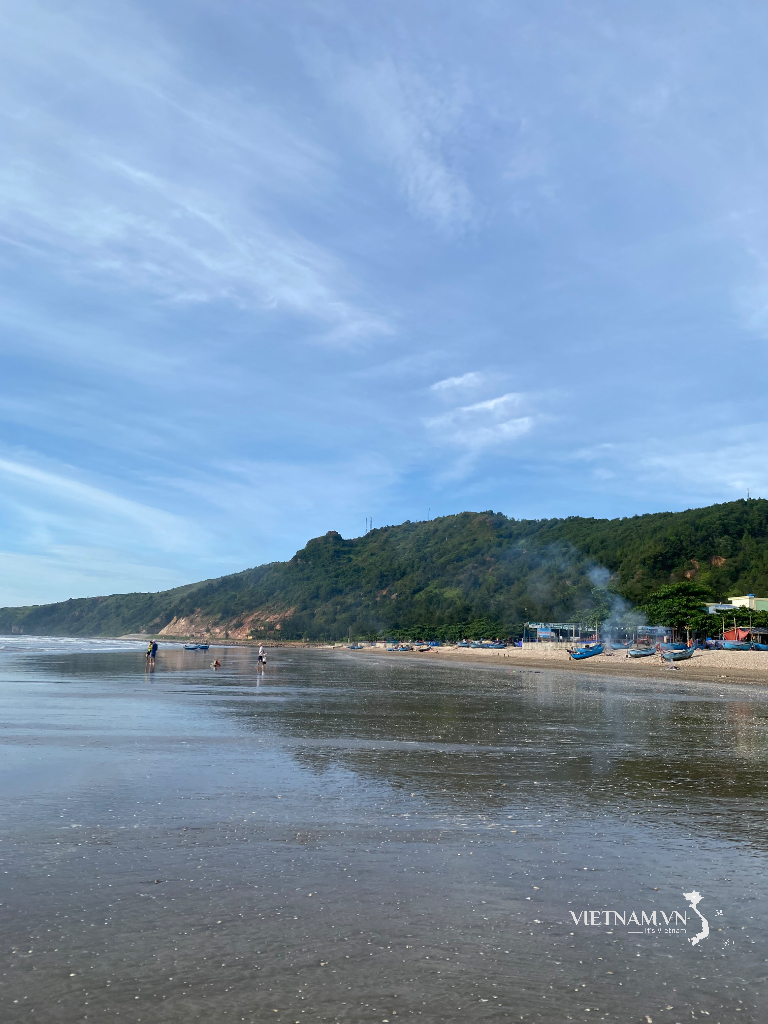

Comment (0)